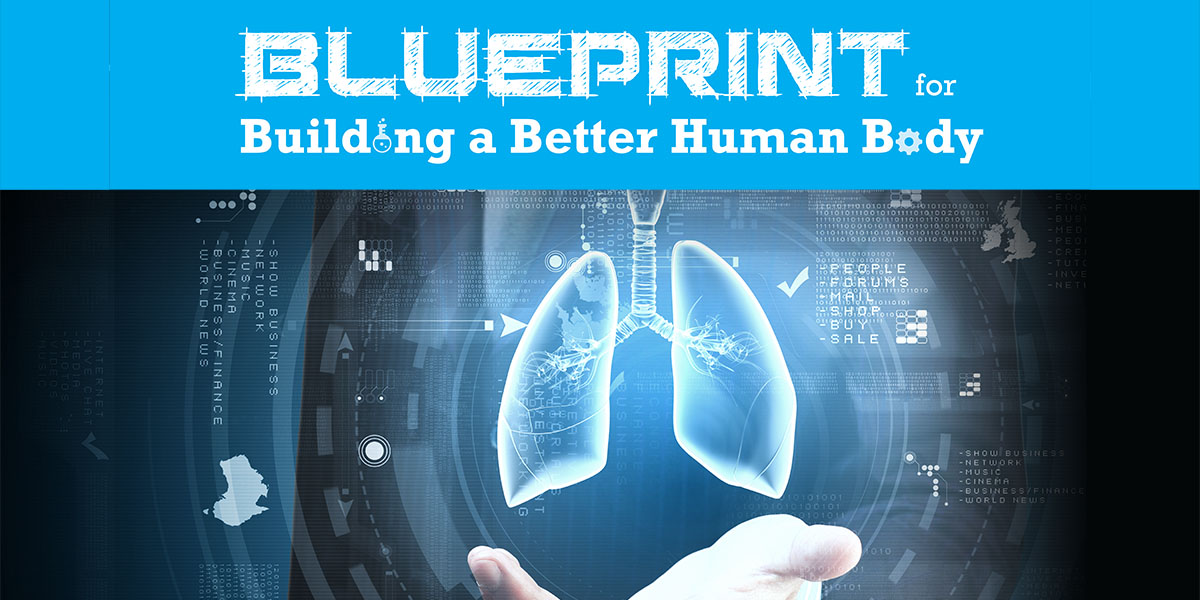
Congressional Briefing – May 20, 2016
Making Organs with a Printer
AIMBE Fellows Anthony Atala, M.D., Director of the Wake Forest Institute for Regenerative Medicine, and the W. Boyce Professor and Chair of Urology at Wake Forest University, and Scott Hollister, Ph.D., Professor of Biomedical and Mechanical Engineering at the University of Michigan, briefed congressional staff about medical technologies using 3-D printing and tissue engineering at an AIMBE congressional event in the U.S. House of Representatives on May 20.
The congressional briefing, “Blueprint for Building a Better Human Body,” highlighted the opportunities to advance health care using innovative biomedical engineering tools that harness the power of 3-D printers. Growing human cells, tissues, and organs while reducing medical costs was the focus of the event.
Dr. Atala discussed his work retrofitting inkjet printers to print human cells and tissues. Bones, muscles, cartilage, and blood vessel-like structures have all been developed using this groundbreaking method. The implications of this research are far-reaching from advancing personalized medicine to filling the need for translated organs and treating battlefield wounds with an organ grown from a patient’s own cells. “Printed” tissues have already been successful implanted in animals; the next step involves getting Food and Drug Administration approval for human trials.
Dr. Hollister presented his work that could change the face of pediatric health care. He and his team developed a 3-D printed splint that could absorb into the body over time but could hold open airways in newborns with weak breathing due to bronchomalacia. To date, the engineering and surgical staff at the University of Michigan have successfully implanted the stints in four babies, all of whom were able to go home just weeks after their surgeries. Further research is needed to develop new materials for use in 3-D printed implants.
AIMBE partnered with the Congressional Research and Development Caucus on this highly successful event.
 AIMBE
AIMBE
